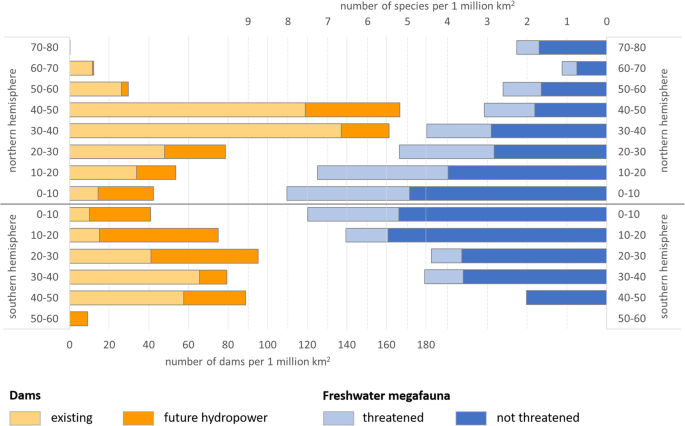
- Select a language for the TTS:
- UK English Female
- UK English Male
- US English Female
- US English Male
- Australian Female
- Australian Male
- Language selected: (auto detect) - EN
Play all audios:
The terms “dementia” and “Alzheimer’s” have been around for more than a century, which means people have likely been mixing them up for that long, too. But knowing the difference is
important. In the simplest terms, one is broader than the other. If the two were nesting dolls, Alzheimer’s would fit inside dementia, but not the other way around. While Alzheimer’s disease
is the most common form of dementia (accounting for an estimated 60 to 80 percent of cases), there are several other types. The second most common form is vascular dementia, which is caused
by decreased blood flow to the brain. Other types of dementia include Lewy body dementia and frontotemporal dementia. In addition, certain medical conditions can cause serious memory
problems that resemble dementia. A correct diagnosis means the right medicines, remedies and support. It could also impact clinical trial eligibility and participation. WHAT IT IS DEMENTIA
In the simplest terms, dementia is a decline in mental function — thinking, remembering and reasoning — that is usually irreversible. It’s a syndrome, not a disease, notes neurologist Ron
Petersen, M.D., director of the Mayo Clinic Alzheimer’s Disease Research Center and the Mayo Clinic Study of Aging in Rochester, Minnesota. The catchall phrase encompasses several disorders
that cause chronic memory loss, personality changes or impaired reasoning, Alzheimer’s disease being just one of them, says Dan G. Blazer, M.D., a psychiatrist and professor emeritus at Duke
University School of Medicine. To be called dementia, the disorder must be severe enough to interfere with your daily life, says psychiatrist Constantine George Lyketsos, M.D., director of
the Johns Hopkins Memory and Alzheimer’s Treatment Center in Baltimore. What it’s not? Typical mild forgetfulness that sometimes accompanies aging — say, having trouble remembering the name
of an acquaintance who comes up to you on the street. In fact, the earliest stage of dementia, known as mild cognitive impairment (MCI), is considered “forgetfulness beyond what is expected
from aging,” Petersen says. With MCI, a person is still functioning normally — paying her bills, driving well enough, doing his taxes — though performing some of those tasks may take longer
than they used to. When someone starts to need regular assistance to do such daily activities, “that gets into the dementia range,” Petersen says.







